Your Cart
Your Cart is currently empty.
The nervous system plays a huge role in our body. It guides everyday activities such as waking up; automatic activities such as breathing; and complex processes such as thinking, reading, remembering, and feeling emotions.
The nervous system controls:
• Brain growth and development
• Sensations (such as touch or hearing)
• Perception (the mental process of interpreting sensory information)
• Thoughts and emotions
• Learning and memory
• Movement, balance and coordination
• Sleep
• Healing
• Stress and the body’s responses to stress
• Aging
• Breathing and heartbeat
• Body temperature
• Hunger, thirst and digestion
• Puberty, reproductive health and fertility
There are more than 600 neurologic diseases.
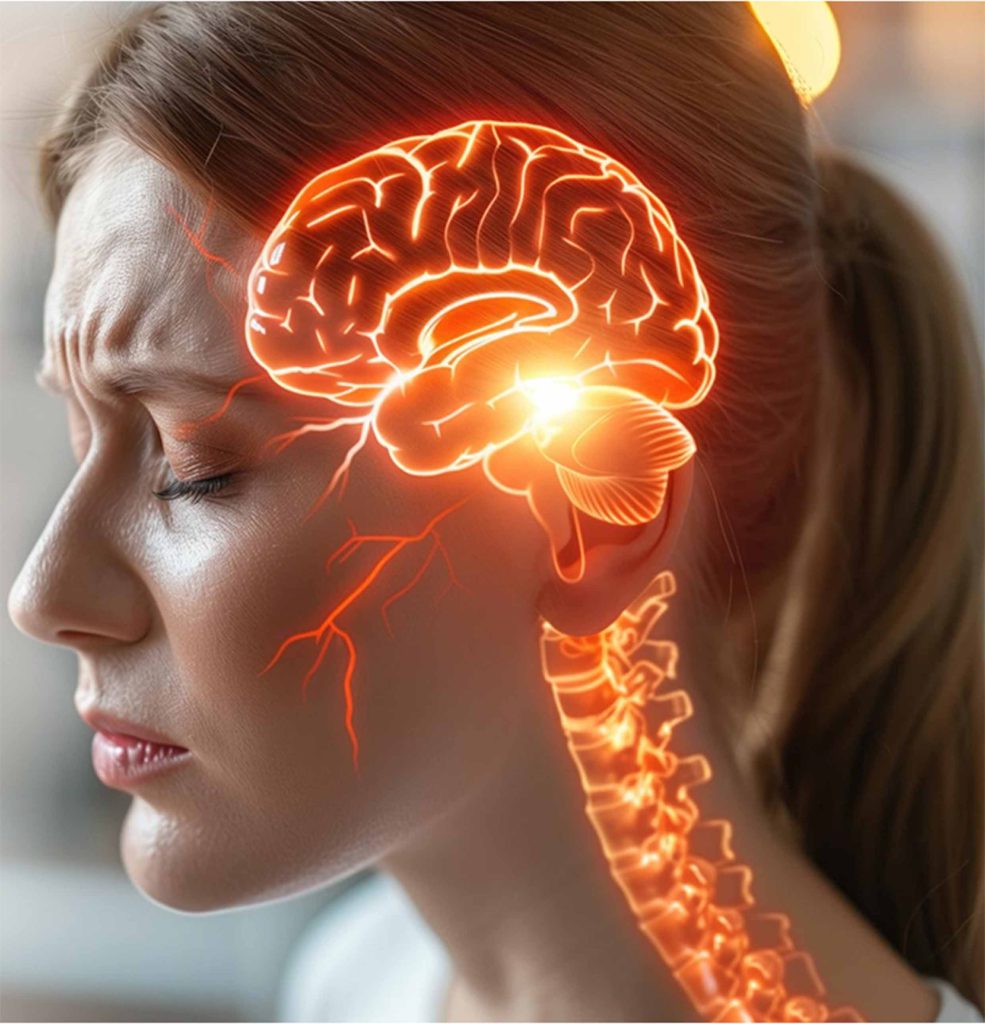
When a blood vessel in the brain bursts and bleeds, or when there is a blockage in the blood flow to the brain, a stroke occurs. This happens as the brain does not get enough oxygen and nutrients – brain cells begin to die.
A stroke is categorised as a cerebrovascular disease. This indicates a stroke affects the blood arteries that supply oxygen to the brain. Brain damage may occur when it does not receive enough oxygen.
Stroke is a medical emergency because the brain is such a complicated organ that regulates so many body systems.If a stroke happens and blood supply is cut off to the area of the brain that regulates a certain physiological function, that part of the body will not operate properly. Although many strokes may be treated, some might result in disability or death. As a result, seeking treatment early can help to prevent brain damage and other complications from happening.
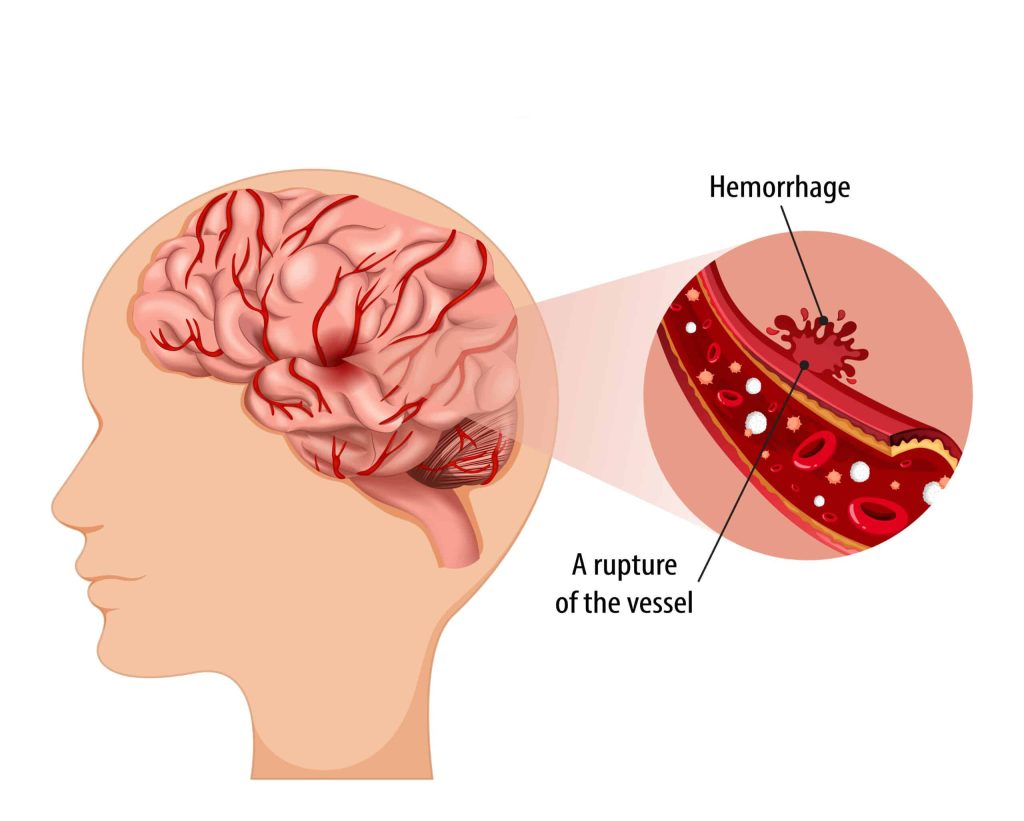
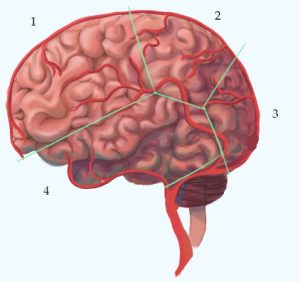

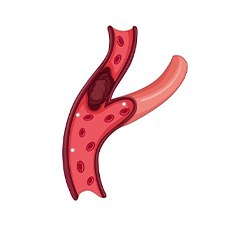
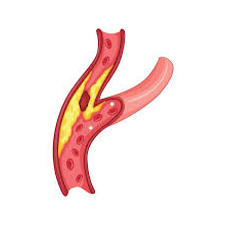
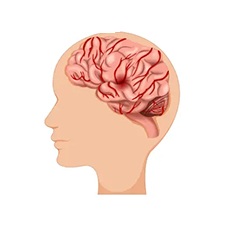
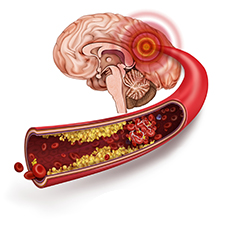
When a blood vessel in the brain bursts and bleeds, or when there is a blockage in the blood flow to the brain, a stroke occurs. This happens as the brain does not get enough oxygen and nutrients – brain cells begin to die. A stroke is categorised as a cerebrovascular disease. This indicates a stroke affects the blood arteries that supply oxygen to the brain. Brain damage may occur when it does not receive enough oxygen.
Stroke is a medical emergency because the brain is such a complicated organ that regulates so many body systems.If a stroke happens and blood supply is cut off to the area of the brain that regulates a certain physiological function, that part of the body will not operate properly. Although many strokes may be treated, some might result in disability or death. As a result, seeking treatment early can help to prevent brain damage and other complications from happening.
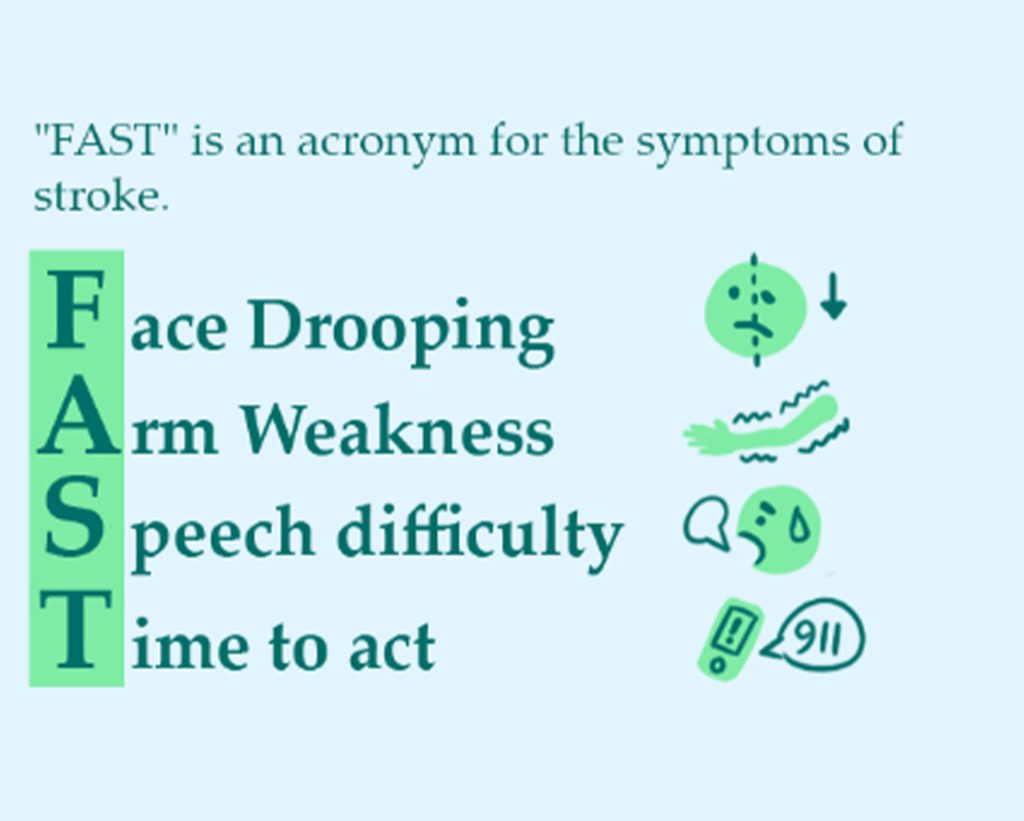
Phone number:
+91 6379926961
Location:
429A, V.V.C Layout, Pulliyakulam Road, Coimbatore – 641018.
Email:
support@namashivayah.com
